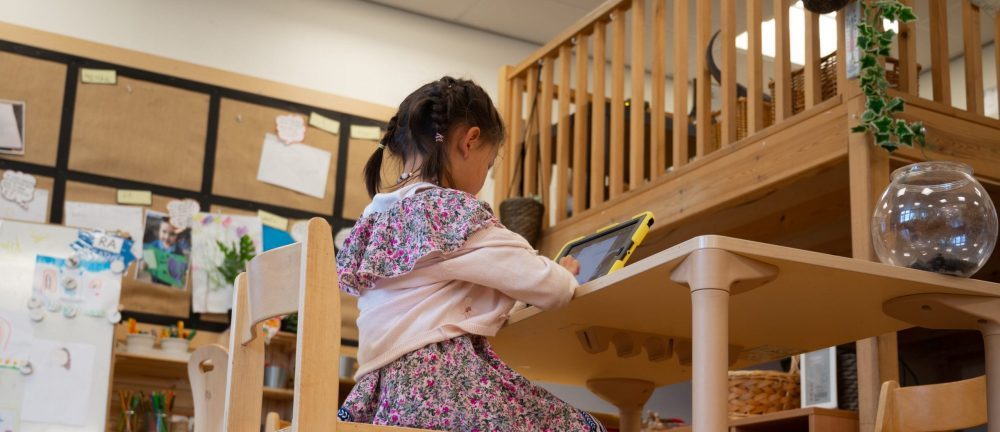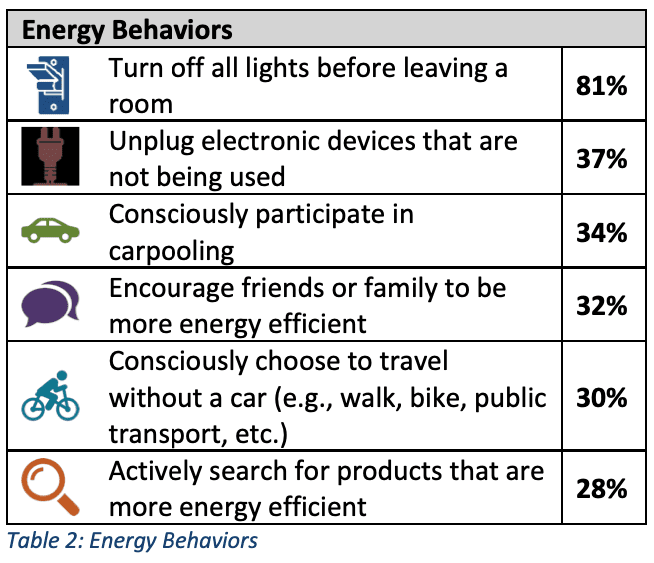
Making a Difference
It’s safe to say that most people want their work to make a difference. That is certainly true for the STEM education team at the Renewable Energy Alaska Project. We reach thousands of Alaskan students each year with our classroom STEM lessons visits, including our annual Power Pledge Challenge.
It’s also safe to say we have an impact on the students we outreach. To better understand the impact we have, we are asking ourselves questions like: Besides the knowledge we impart, how are we impacting student behaviors and attitudes regarding energy? How long will our impact last? And most currently…
How does the COVID-19 pandemic change everything?
Reaching More – Traveling Less
Among the scant silver linings of Covid-induced distance learning methods is the increased number of students and teachers we can reach virtually, compared to in-person visits. Even before COVID, long distances and harsh weather made it challenging to deliver REAP’s STEM energy lessons. Now, the REAP team is just a Zoom meeting away!
It’s particularly interesting to note how successful REAP’s Energy Literacy for Teachers courses are during this pandemic. We’ve added extra classes as each virtual online class filled-up. It seems even after a long day working with students, it’s more attractive for many teachers to pursue their own learning from the comfort of their home – instead of driving to meet in person. Lessons learned. Energy saved!
What is Energy Literacy?
- can trace energy flows
- thinks in terms of energy systems
- knows how much energy they use
- knows where their energy comes from
- can assess the credibility of information
- communicate about energy in meaningful ways
- makes informed energy use decisions
- understands impacts and consequences
- continues to learn about energy

Using New Tools
Measuring students’ energy literacy before and after a lesson in a way that is brief, engaging and meaningful is the challenge we face. That’s why the REAP team is digging into the research to help guide our efforts to measure how our efforts affect the knowledge, attitudes and behaviors of the students we engage. As it turns out, assessing these parameters is rather challenging – and we aren’t the first educators to try.
Fortunately, another advantage of virtual classrooms is the ease and utility of new online assessment platforms that are engaging and provide immediate feedback. Using Zoom or Menti, or any other of a number of online applications, students participate in a poll or survey, yielding results that can be made visible immediately.
In near-real-time, students see themselves reflected anonymously in the data. They learn something about themselves and others, while we learn something about their collective knowledge, attitudes and behaviors.
Students are our future…
As challenging as it is to compose the right kinds of questions and responses to create a meaningful assessment of students’ energy literacy across this enormous state with its wide social and cultural spectrum, we are excited by these powerful new tools that are able to reflect the impact of our work and help us refine our efforts.
We look forward to applying these new tools and adapting to the new educational reality in order to make a difference for even more students – because students are our future – and so is renewable energy!
…and so is renewable energy!

For more information about REAP’s online education efforts, contact REAP’s Director of Education, Colleen Fisk at education@realaska.org